Arts
Portraits in Quarantine: Creating Art and Meaning Portraits by Kendall Clayton ’20 capture spirit of inspirational women
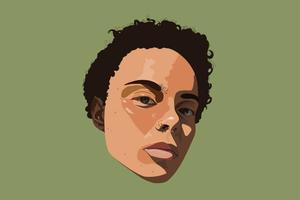
Since graduation, Kendall Clayton (BA women’s, gender, and sexualities studies ’20) has been spending her quarantine time immersed in her art, creating a series of portraits of women who inspire her.
“Most of my artistic projects are for the purpose of creating a platform of visibility for those often rendered invisible, most frequently on account of race, gender and/or sexuality,” Clayton says. “I also enjoy creating portraits of people who use their words and energy to make the world a better place for others. These portraits are all of women in my life who strive to do good and understand that they have the power to make differences that transcend themselves.”
Clayton credits AU with allowing projects to have a creative option that allowed her to intertwine her interest in gender/sexualities studies with her art. “With every piece I create, there are both explicit and more underlying themes present,” she explains. “I have developed an ability to present scholarly gender theory in a way that can be more easily seen and understood by many.”
Eileen Findlay, chair of American University’s new Department of Critical Race, Gender, and Culture Studies (CRGC), says that Clayton is a great example of the kinds of interdisciplinary talents that CRGC works to nurture in its students. “Kendall has a sharp critical mind, writes fluidly, and is a talented artist,” she says.
Findlay explains that Clayton’s senior capstone research paper analyzed the photography of Zanele Muholi, a queer South African artist. “Her thoughtful analysis demonstrated how Muholi’s ‘visual activism’ creates artistic practices and a panoply of images that resist both colonial tropes and the combination of invisibility, victimization, and sexualized hypervisibility, which often mark visual images of queer people in the Global South,” Findlay says. “While researching her thesis, Kendall threw herself into her own artistic process, exploring how she might apply Muholi’s methods to her own work. The images you see here are just a small part of Kendall’s larger body of work.”
Self Portrait
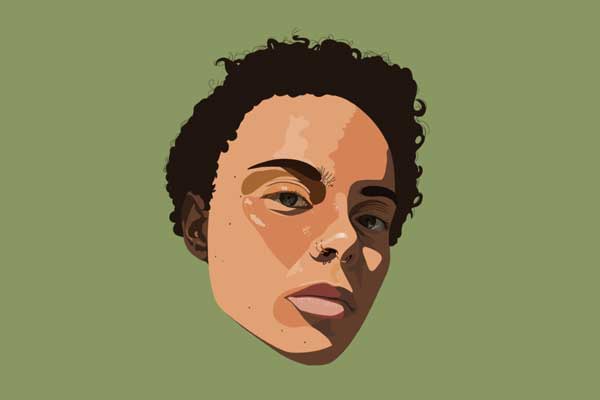
"Coming to university was very intimidating to me for a while. I am not one for large institutions. I love to learn, I love gaining new experiences, and I love meeting new people, but school can sometimes take away from genuine learning as the importance can shift to maintaining good grades as opposed to gaining new information and experiences. Being a part of CRGC was different, though. The professors within it are passionate, incredibly knowledgeable, and beyond that are great listeners. My peers in CRGC have also been great listeners and shared a similar interest in learning as I did. Our classes were intimate spaces where we felt free to share whatever knowledge or experience we have, no matter how vulnerable, and we were always challenged to do more, reach higher, and indulge in our creativity."
Jada
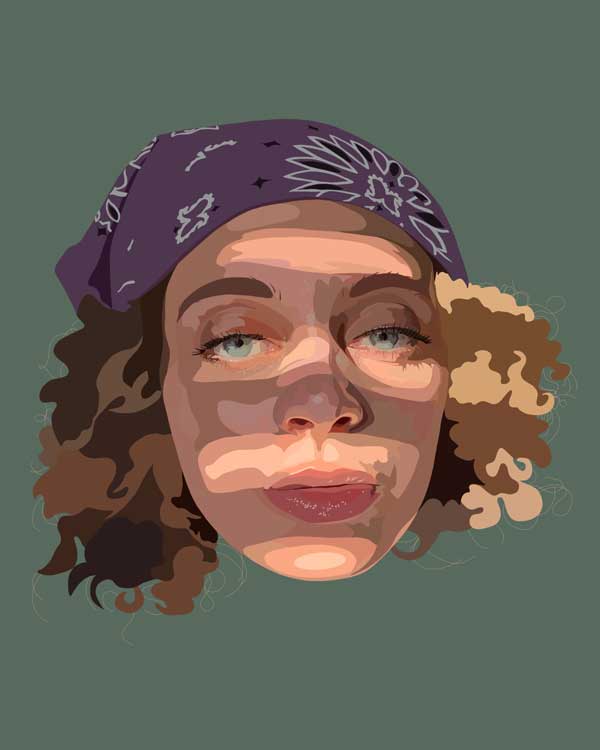
"Jada is a dear friend of mine that I met at AU. Our friendship blossomed as we conducted a semester-long project together for a class taught by Dr. Nikki Lane, CRGC professorial lecturer. Since then, we have remained quite significant in each other’s lives. We both aim to make the world a kinder, safer, and more honest place for those around us, focusing our efforts mainly on those who are members of marginalized groups, just as we are."
Catherine
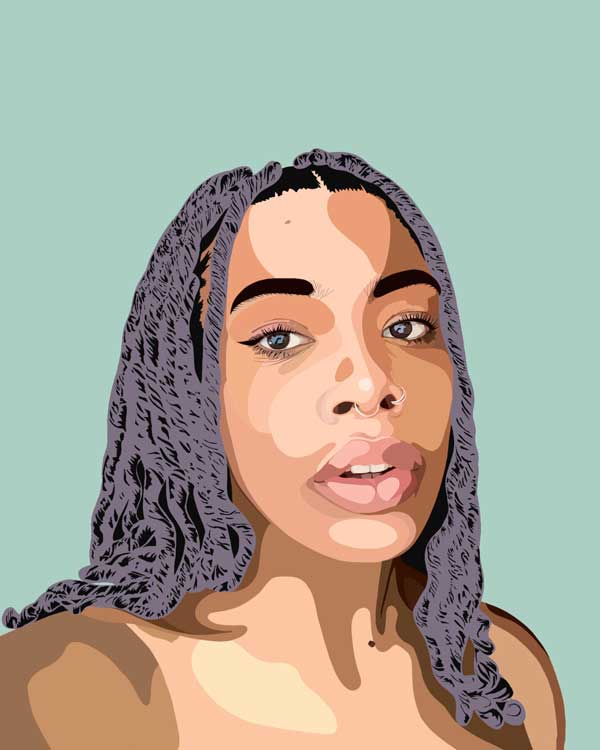
"Catherine is a 2020 AU graduate. She is deeply committed to the media of film, photography, music, and theatre to evoke complex emotions relating to loss, interpersonal relationships, and the natural world. We have been very involved in each other’s lives for a few years now, always supporting each other in our creative endeavors."
Charlotte
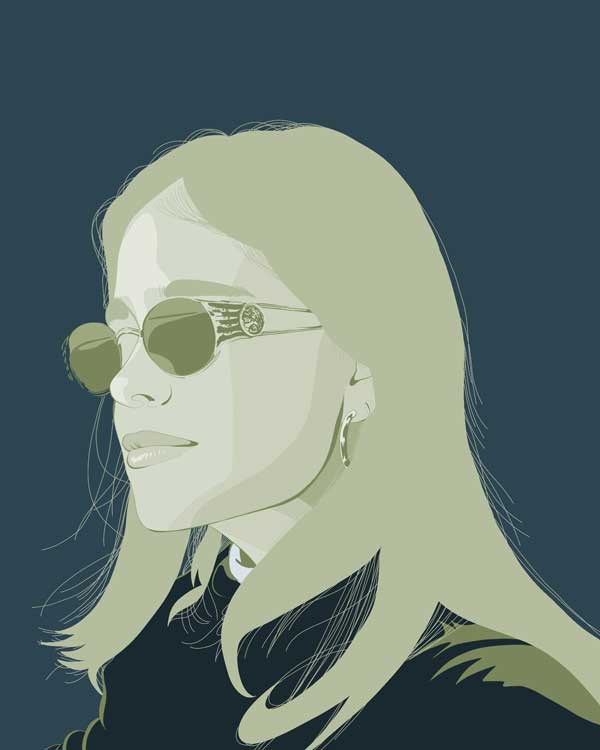
"Charlotte is a friend of mine from high school who just graduated NYU with a degree in food studies. She is an intelligent and kind person who welcomes difficult, uncomfortable, yet important conversations surrounding issues of race, gender, sex, and sexuality."
Queen Ifrica
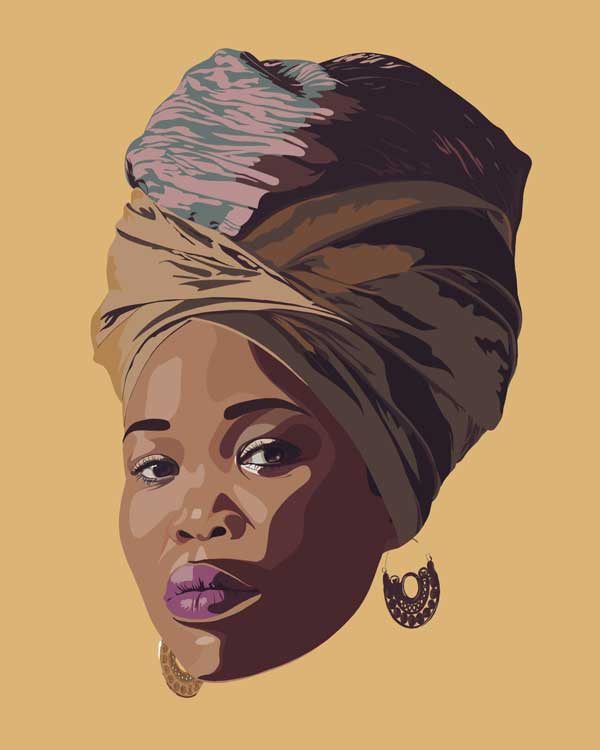
"I drew this portrait of Queen Ifrica for a final project in my “Rasta, Reggae, and Resistance” class, taught by Sybil Roberts, director of African American and African Diaspora Studies. I decided to build my final project to pay homage to the women of reggae that are often erased or obscured behind the prioritization of their male counterparts. Ifrica uses her platform to take action in women’s movements, black rights movements, and movements and charities for underserved children in Jamaica."
